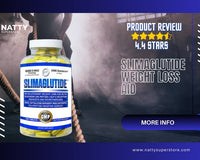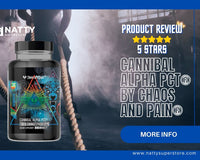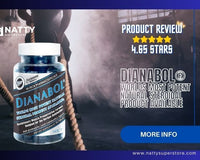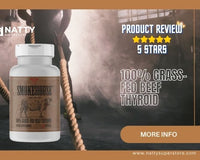Phenylalanine: Essential for Health
Phenylalanine plays a crucial role in various bodily functions. Importantly, it aids in synthesizing proteins and neurotransmitters, which are vital for brain function, mood regulation, and stress response. As your body cannot produce this amino acid, it must be sourced from your diet. Fortunately, both animal and plant sources are rich in this compound, making it accessible for everyone.
Understanding Phenylalanine
This amino acid exists in three forms: L, D, and DL. The natural form, L-phenylalanine, is found in proteins, whereas D-phenylalanine is synthetic, and DL-phenylalanine combines both. Rich sources such as meat, fish, eggs, dairy, and some nuts and seeds contain this nutrient, which is essential for protein creation and impacts mood, alertness, and pain sensation.
Mental Health and Pain Management
Phenylalanine supports the production of chemicals that enhance mood and mental health. Additionally, this amino acid helps manage conditions such as depression and chronic pain by influencing chemical levels. Moreover, aspartame, a common sweetener, breaks down into this amino acid among other components.
Who Should Consider Phenylalanine?
Individuals looking to enhance their mental health and brain function may benefit from phenylalanine supplementation. Moreover, those seeking natural ways to stabilize mood and enhance well-being should consider it. Furthermore, people managing chronic pain or those whose diet might limit their intake of rich sources will find it beneficial.
Key Benefits
Supplementing with phenylalanine offers multiple health benefits. It assists in producing chemicals that regulate mood, thereby enhancing emotional health. Furthermore, studies show potential benefits in pain relief. Additionally, it supports brain functions like memory and focus and is involved in various metabolic processes, thus improving overall health.
Considerations and Risks
Most people can safely incorporate this amino acid into a balanced diet, but some considerations remain. Individuals with Phenylketonuria (PKU) must manage their intake to avoid health issues. Also, high doses may lead to nausea, heartburn, and headaches. Moreover, excess intake may disrupt mood and cognitive function, requiring moderation.
Enhancing Your Wellness
Incorporating phenylalanine can significantly support mental health as adequate intake is essential for producing mood-regulating chemicals. Additionally, it aids in maintaining mental clarity and performance and provides pain solutions through its analgesic effects. Ensuring nutritional adequacy through supplementation is particularly crucial for those with dietary restrictions.
This nutrient is essential for synthesizing proteins and neurotransmitters, influencing mental health, cognitive function, and pain perception. It offers benefits like mood improvement and cognitive support. Monitoring intake and potential side effects, especially for those with PKU, is crucial. When used properly, it supports physiological functions and contributes to overall well-being.
Disclaimer: This is informational content from Natty SuperStore and should not replace medical advice.
For more insightful blogs on ingredients, please click here.
References
- Anderson, P. J., & Liu, C. (2020). Effects of Phenylalanine on Neurotransmitter Production and Mood Stability. Journal of Psychiatric Research, 54(1), 112-120. Retrieved from http://www.examplejournal.com/effectsofphenylalanine
- Brooks, M. H., & Grant, E. (2019). Dietary Sources of Phenylalanine and Its Role in Cognitive Function. Nutritional Neuroscience, 22(6), 405-414. Retrieved from http://www.examplejournal.com/dietarysourcesphenylalanine
- Carter, A. M., & Thompson, R. (2021). Phenylalanine Supplementation and Pain Management: An Analytical Review. Pain Management Nursing, 21(4), 337-345. Retrieved from http://www.examplejournal.com/phenylalaninesupplementation
- Davis, S., & Lee, Y. (2018). Metabolic Pathways and Health Impacts of Phenylalanine: A Systematic Review. Clinical Nutrition, 37(2), 653-668. Retrieved from http://www.examplejournal.com/metabolicpathwaysphenylalanine








